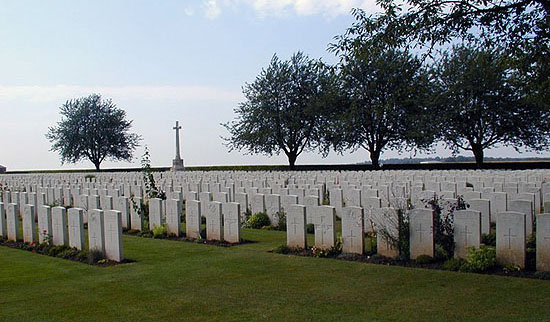![]()
What you must do in this unit
- Read the section "The Great War and Its Aftermath" in chapter 28 in the textbook.
- Read my remarks on the Great War and also on Russia and World War I.
- Watch the short video on the Great War by Professor Evans
- Professor Campbell has two relevant videos for this unit: Were The Causes Of World War I B.S.? and Was The 1918 Influenza B.S.?
- Study the Questions to Consider and the Key Terms for the unit.
- While you are working through unit 9, it is also time to get started on unit 10's Genocide group project. (Watch my reminder video now.) You will have to work fast to complete the group project, and it is expected that you get started on that now!
- Post (or respond) with your thoughts/ideas/comments in the discussion board in Canvas: How did the Great War affect societies in Europe and around the world (5 points)?
What you can do in this unit
- Check Private Donald Fraser, War Diary, September 1915, who was a member of the Canadian Expeditionary Force, as he recounted his experiences on the battlefield. You can also read the last letter of Corporal Robert Bertrand. There are other letters of French soldiers that I have translated.
- Read my notes on Franz Kafka, one of the most important writers of the twentieth century.
- Check out my Data Visualizations of the Great War, 1914-1918.
- Check out my projects dealing with World War I, The Great War: Materials.
- There are an unbelievable amount of documents that have been published with regard to World War I.
- The war led to a dramatic re-shaping of the map of Europe and the Near East. See the narrated Prezi by Lydia Quinn on T.E. Lawrence and his activities in Arabia during the war.
- After the war, as empires broke up, several new countries in eastern and central Europe took form. See the website by Martina Havrlanta (spring 2016) on The Formation of Czechoslovakia.
- Allison Shepherd (fall 2017) created a Pinterest board on The Paris Peace Conference.
- Peter Neville (fall 2017) created an exhibit on The Machine Guns of World War I.
- Keegan Hughes-Segroves created a nice map tour of the Meuse-Argonne offensive.
- View The Armenian Genocide Museum of America for more information about this controversial and horrific event.
Some videos that you can watch for this unit
- Archdukes, Cynicism, and World War I: Crash Course World History #36
- World War I: Battle Of Verdun 1/4
- Battle of the Somme - Real Footage
- World War I: Gallipoli Campaign 1/4
- Professor Lynn Hunt - UCLA, World War I
- Monet's Water Lilies
- For extra credit please suggest to your instructor a relevant video for this unit of the course. Send the title of the video, the URL and a brief explanation of why you find the video interesting and applicable to the material that is being studied in this unit.
Extra Credit Options
- For up to 50 points of extra credit, read my translation of Georges Boucheron, L'Assaut: l'Argonne et Vauquois avec la 10e division, 1914-1915 or my translation of Lefèvre, Le carnet de campagne du sergent Lefèvre, 1914-1916. Each translation reads very fast, is available in PDF, ipad or Kindle versions on the website. In a one-, or two-, page paper, answer the following question: How did the war affect Boucheron and the men who fought it? (With instructor permission, you may read this instead of Remarque and substitute this paper for the Remarque paper.)
- For up to 50 points of extra credit, read Erich Maria Remarque, All Quiet on the Western Front and submit the Remarque paper.
- For up to 25 points of extra credit, watch All Quiet on the Western Front (1930, directed by Lewis Milestone), and assess the historical accuracy of the film in a one-page paper.
- For up to 25 points of extra credit (maybe more), in a one-page paper, offer a detailed contrast between Remarque's depiction of the war in his novel and Milestone's view of the war in his film adaptation of the novel.
- For up to 10 points of extra credit, read the "Willy-Nicky" Telegrams, exchanged between tsar and kaiser, 29 July - 1 August, 1914 and write a long paragraph in which you assess these rulers' grasp on reality.
- For up to 10 points of extra credit, read the comments by Kaiser Wilhelm II (1859-1941, Emperor 1888-1918), "A Place in the Sun" (1901) and write a long paragraph explaining how the Kaiser's attitude contributed to the march towards war.
- For extra credit please suggest to your instructor a relevant video for this unit of the course. Send the title of the video, the URL and a brief explanation of why you find the video interesting and applicable to the material that is being studied in this unit.
Extra Credit Options
- Upon successful completion of this unit, you will be able to (1) explain the impact of the war on the lives of the generation that fought it. and (2) describe the sequence of events that led to war in 1914.
